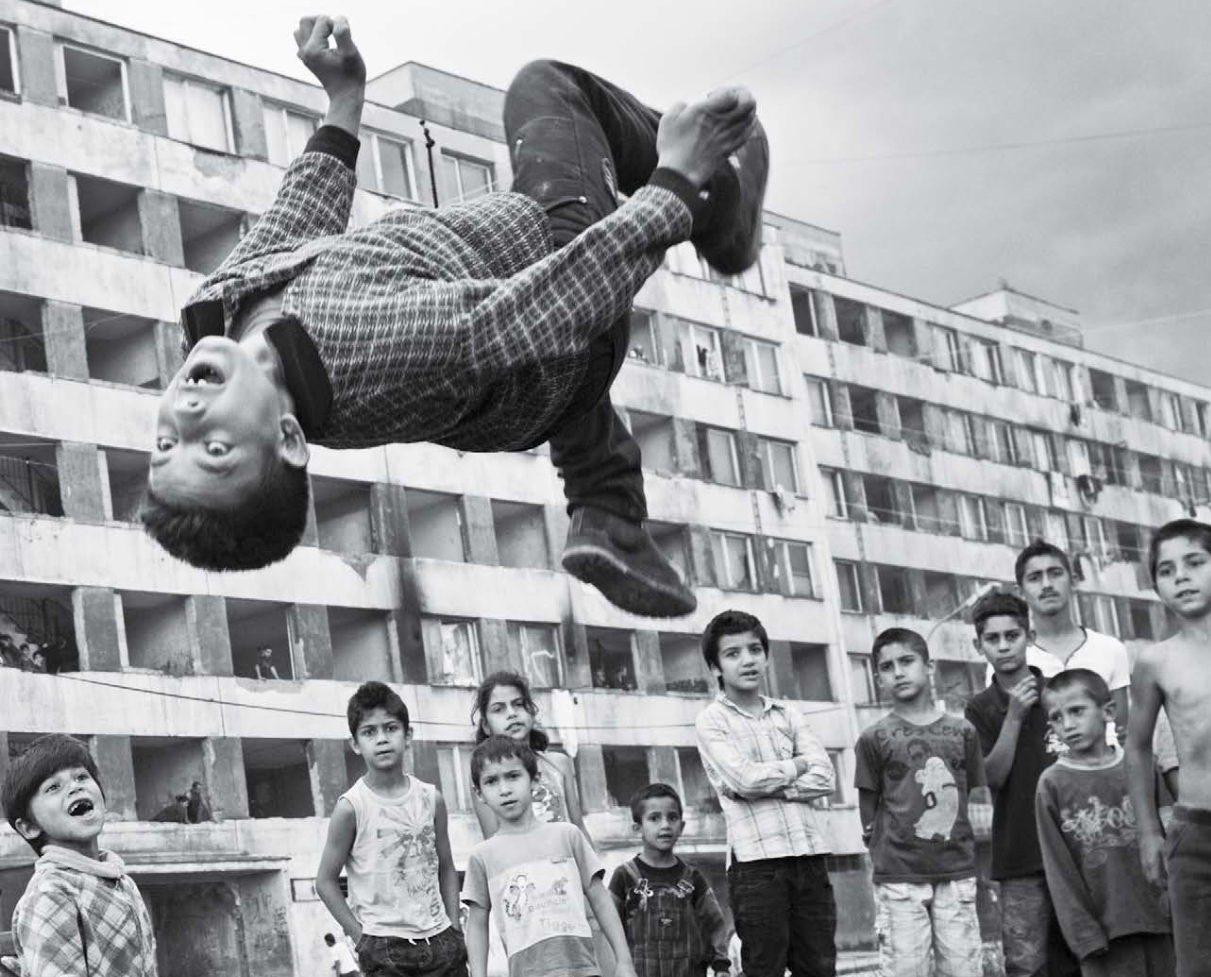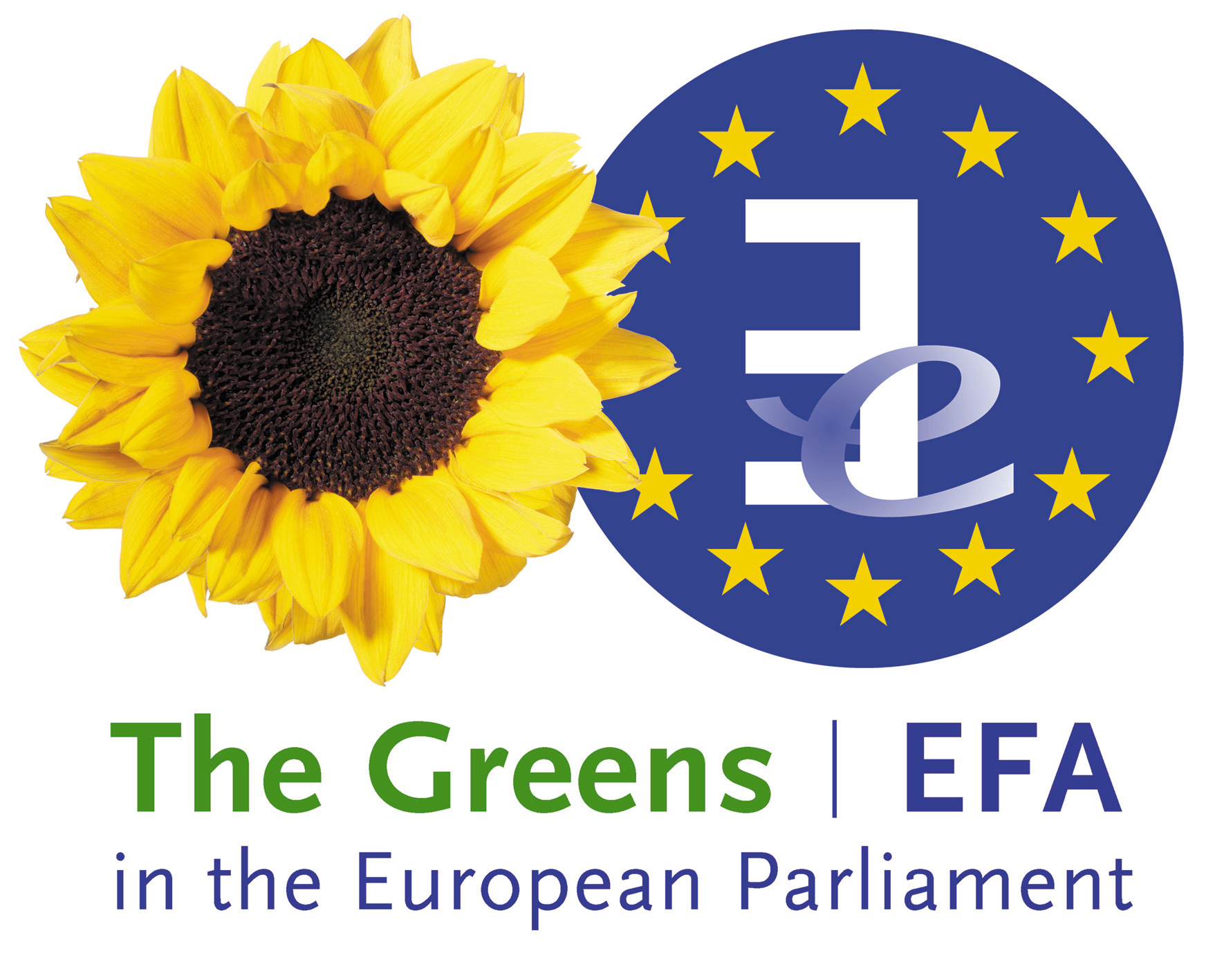On the occasion of the International Roma Day, the European Parliament is hosting a week-long program filled with workshops, conferences, exhibitions, awards and other events to celebrate the Roma culture. This year, the Greens have issued a publication titled Countering Antigypsism in Europe, which was introduced to the public today with introductory remarks from MEP Benedek Jávor. The agenda of the event and the publication itself in English are attached below:
May 28 event: Agenda
Countering Antigypsism in Europe (publication): Countering_Antigypsyism_web_version
Mr. Jávor’s introductory remarks can be read in full below:
Combating Antigypsyism and a gender and youth dimension in the current and post-2020 EU Roma Policy
Hosted by Greens/EFA in cooperation with ERGO Network
Introductory Remark by Benedek Jávor:
The International Roma Day (April 8) is a day to celebrate Roma culture and raise awareness of the issues facing Roma people. We Greens in the European Parliament felt the importance of the Roma Day hence we are proud to be participating in the cooperation of political groups for the second time to celebrate it in the European Parliament in order to show in Europe who Roma people really are and indeed to raise awareness of the problems they are facing.
- In the preparation of this year’s Roma Day the Roma Working Group of the Greens/EFA Group has decided to prepare a book about Roma with a dual aim:
- To present the urgent problems the Roma facing today: the forms of antigypsyism, forms of discrimination and segregation,the political dimensions in the Member States and in Europe and about the recognition of the Roma identity in Europe.
- and our position and ideas as Greens how to tackle them.
Of course there are no easy and fast solutions to almost none of those problems.
The history of racism and discrimination has a many century long history in general and against Roma as well. Systemic antigsypsyism can be found on all field of life:
- it happens that state owned companies fail to employ a person with Roma sounding name,
- officials in local authorities do not accomplish their best and don’t share all the necessary information with a person with an address from specific area of a Roma settlement;
- police stops persons in order to verify their identity when simply walking on street with 150% more chance if she /he has visibly darker skin color.
- But antigypsyism can be found on highest level when EU funds are directed in a way that they:
- maintain and support of segregated schools;
- systematically supporting the only non-Roma schools
- and preventing Roma to have access to quality, equal, non-segregated schooling.
But Roma are not the only society group in need. Poverty is in rise among Central Eastern European countries social strata’s. I know quite precisely that for example 21% – approximately 800,000 – of Hungarian households are considered to live in poverty. In poverty which is comparable to third world countries. Such poverty includes energy poverty, in which Roma (who consist only 7-8% of the Hungarian society) are extremely overrepresented. In their case this is a real struggle when important decisions must taken during wintertime: what to finance heating or the other costs.
We those politicians committed towards green technologies are sure that there are methodologies, techniques and tools available for such cases. The internet – including the most popular video sharing sites – are full with short videos explaining how could the poorest people make heat support supply out of empty beer cans, LED light system out of a single and cheap solar panel and and a car accumulator, solar grill equipment out of an empty shoe box.
Of course we as Greens have a long history of speaking out against racism and discrimination and stepping up for minorities. But we also must take a look on ourselves and strictly scrutinize whether the EU has done everything in order to make these people’s life easier; have we made the maximum to channelize EU funds towards those most in deprivation, or are we sure that EU funds were not used in a way that made the gap between Roma and non Roma, marginalized and better of people even bigger?
If the answer is “no”, or – even worse – “we don’t know” than we European decision makers here in the Parliament, in the Commission and in other European bodies will have to re-plan our approach towards Roma. Because their problems are not simply their individual, personal issue but it will effectuate the Member State’s and therefore whole Europe’s competitiveness.
I know that our booklet is not changing al circumstances around us, I am afraid that it will not have an effect to stop or even eliminate anti-gipsyism from one day to other I also hardly believe that it was the only thing needed to change the entire EU support system. But I strongly believe that is a tiny but important step towards a better working EU for all of us. I wish you a fruitful conversation!




